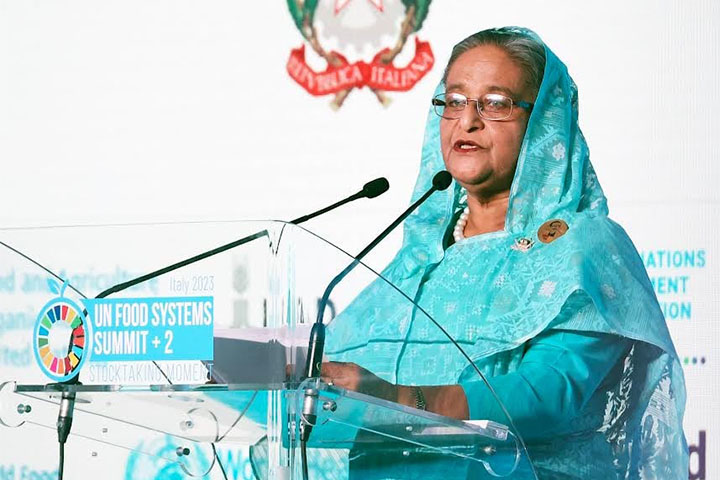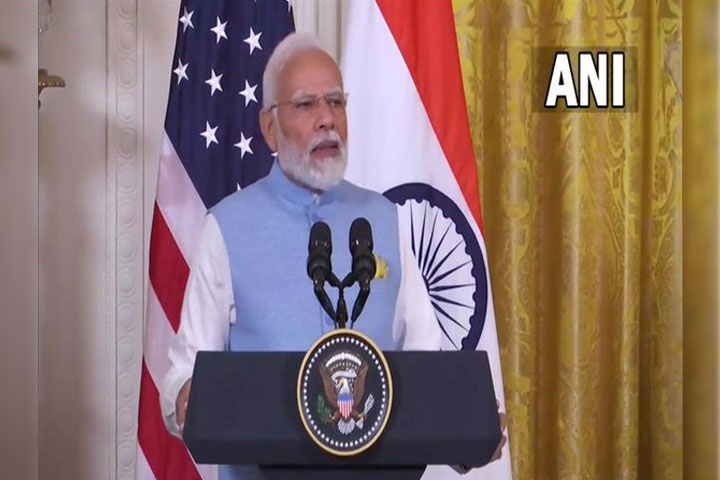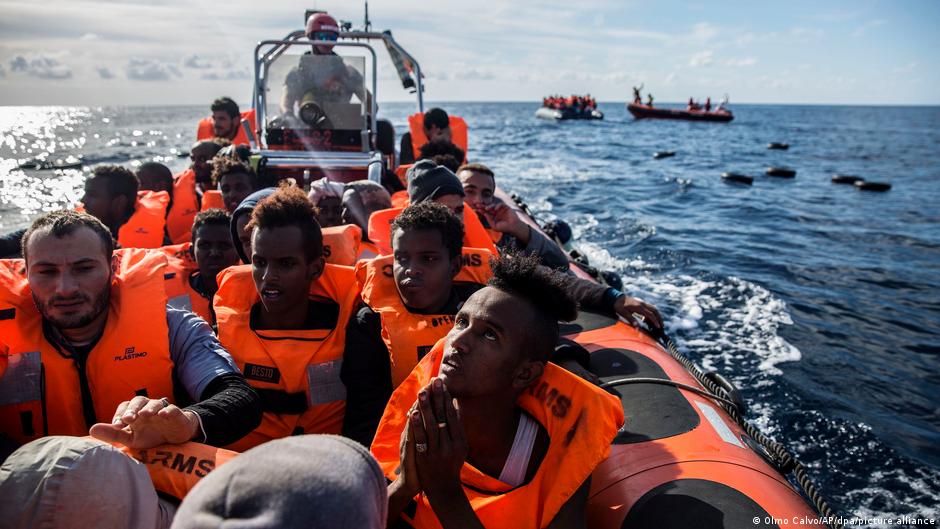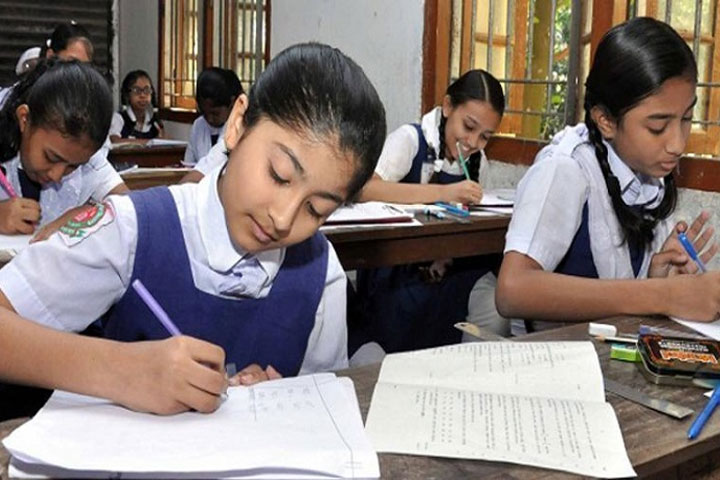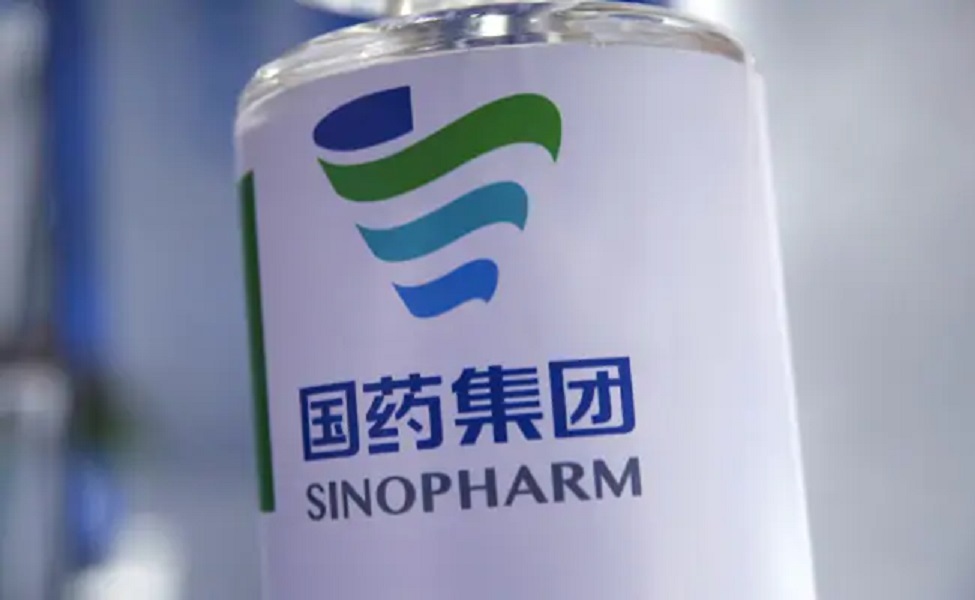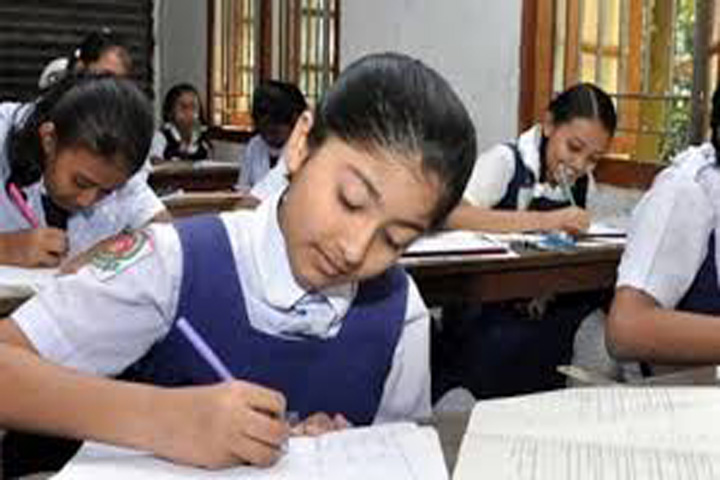New asylum proposal puts EU on verge of reform
Most EU countries agreed on a voluntary solidarity initiative for refugees arriving via the Mediterranean. Critics have pointed out that these refugees are not treated equally to those arriving from Ukraine. When the EU’s interior ministers gathered from all over the bloc in Luxembourg early this Friday morning to tackle the perennially contentious subject of migration and asylum policy, expectations differed on what the day would bring. While France’s Gerald Darmanin talked about hoping for a small revolution, Germany’s Nancy Faeser was more reluctant, saying she was confident, she and her colleagues would be able to take a step forward when it comes to one of the EU’s most divisive topic. By the end of the day, the bloc’s interior ministers hadn’t come up with a revolution, but they had largely backed a new starting point. A majority of EU states agreed on what they call a voluntary solidarity mechanism. Faeser said about twelve states consented to take in refugees and migrants arriving from the Mediterranean, especially those rescued at sea. Among these countries were Germany, France, Luxembourg, Bulgaria and Romania. A number of other EU states that would not take in more refugees would instead provide financial assistance to those countries that welcome asylum-seekers. It is not yet clear how many people will be relocated among the EU nations that choose to participate in the initiative. The proposal, put forward by the France in its final month holing the EU Council presidency, mentioned 10,000 refugees per year. The initiative is set to last to one year but has the potential to be renewed in the future. Austria is among those EU countries that are not in favor of this new agreement. The country’s interior minister, Gerhard Karner, told reporters he was against sending a wrong signal towards traffickers ... A signal that Europe is open, Europe is taking in people.
Hungary and Poland are also not likely to sign onto a final political deal. Both countries have maintained restrictive asylum and migration policies over the past years, and both have long opposed compulsory relocation schemes. The EU takes a baby step in asylum policy Although this new initiative functions only on a voluntary basis and is not legally binding, many see it as a first step in moving forward long-stalled reforms in the block’s migration and asylum policy. For years, the 27 EU countries have been struggling to compromise. States at the bloc’s external borders, especially those in the South, such as Italy, Spain, Malta, Greece and Cyprus, tend to host the most refugees, as the bloc’s current asylum system requires the country where a person first arrives to process the individual’s claim. During the major migration influx in 2015, more than 1 million migrants arrived via the Mediterranean, causing conflict in the bloc over the distribution of these individuals and the unequal burden due to geography. In 2020, the European Commission, the EU’s executive arm, tried a new approach and proposed a pact on asylum and migration. But ever since, not much has happened at least not when it comes to refugees from countries other than Ukraine.
Asylum policy for Ukrainians reveals EU discrepancies Since February, when Russia invaded its neighbor right at the doorstep of the European Union, the bloc has felt the urge to act and help Ukrainians fleeing atrocities in their home country. In March, the EU triggered a directive for the first time that grants all Ukrainians temporary protection anywhere in the union. According to the UN Refugee Agency, more than 4.8 million Ukrainian refugees have been recorded across Europe; 3.2 million have registered for protection schemes. But what many hail as a great act of solidarity with Ukraine has also shown that refugees are not treated equally in the EU, as Jean Asselborn, Luxembourg’s minister for foreign affairs and immigration pointed out in an interview with DW: If we are willing to take in millions from Ukraine, we also have to welcome thousands who are suffering under similar conditions but have a different religion, speak a different language, he said. If the EU doesn’t manage this, it will not be credible, he added. Agreements on biometric database, refugee screenings, the security and protection aspects of migration and asylum have dominated most recent debates. EU states have increasingly started building walls and fences at the bloc’s external borders. The fence Poland is building at its border with Belarus is one such example. EU interior ministers agreed on two other proposals at their meeting that go more in this security direction. First, EU countries want to introduce a screening system for asylum-seekers at the bloc’s borders; second, they want to reform and enhance the use of Eurodac, a biometric database. With regards to the EU’s new solidarity approach, EU countries will have to negotiate details and finalize the deal in the coming days.
11 Jun 2022,19:23


















 Live Tv
Live Tv


